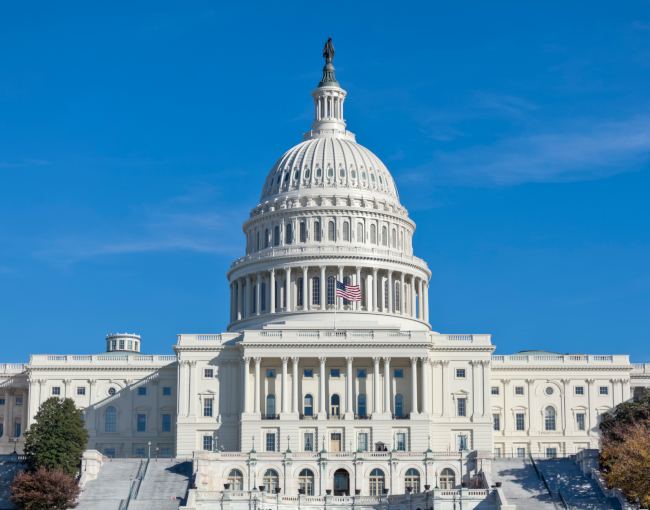A branch of the Office of Management and Budget (OMB)
within the Executive Office of the President that is tasked with reviewing
drafts of proposed and final regulations.
The
Winter Soldier
Congress
established the Office of Information and Regulatory Affairs (OIRA)
with the Paperwork Reduction Act of 1980. OIRA is comprised of five subject-matter offices
and is the Executive Branch’s central authority for reviewing regulations,
information collections, and statistic-based initiatives. The office is
currently led by Administrator Richard Revesz. This position is nominated by
the president and requires Senate confirmation.
Brave New
World
Prior to
OIRA’s establishment in 1980, high-level review of agency regulations did occur
at the White House, though in more limited form. President Reagan issued Executive
Order (EO) 12291 in
1981, formalizing OMB’s regulatory review process.
Subsequent
presidents have taken executive actions to expand or contract OIRA’s
functions. In 1993, President Clinton issued EO 12866, adjusting the language that calls for the review of
“major rules” and modifying it to only include “economically significant” ones.
This reduced the office’s workload from over 2,500 regulations reviewed per
year to about 600. President George W. Bush further adjusted the policy in
2007, using EO 13422 to
include guidance documents issued by federal agencies within OIRA’s
jurisdiction.
Most
recently, the Biden Administration used OIRA to issue revisions to Circular
A-4, the government-wide guidance on regulatory analysis. The White House’s aim
with these revisions was to modernize and expand the regulatory review process
by raising the threshold of economically significant and tying it to inflation;
requiring increased engagement with underrepresented communities during
rulemaking; and making the regulatory process more transparent. This comes
after the Trump Administration took steps to deconstruct “unnecessary” rules
and protections.
Civil War
As with many other offices and statutes related to regulatory review, especially in a post-Chevron world, the 2024 election looms large over OIRA. The winner will ultimately decide the future role of this office. It remains to be seen whether Vice President Harris, should she win, would continue the same expansions we have seen under President Biden. Conversely, it appears certain that a second Trump Administration would utilize OMB broadly and OIRA specifically to undo much of the Biden-Harris policy agenda.





